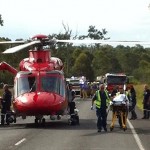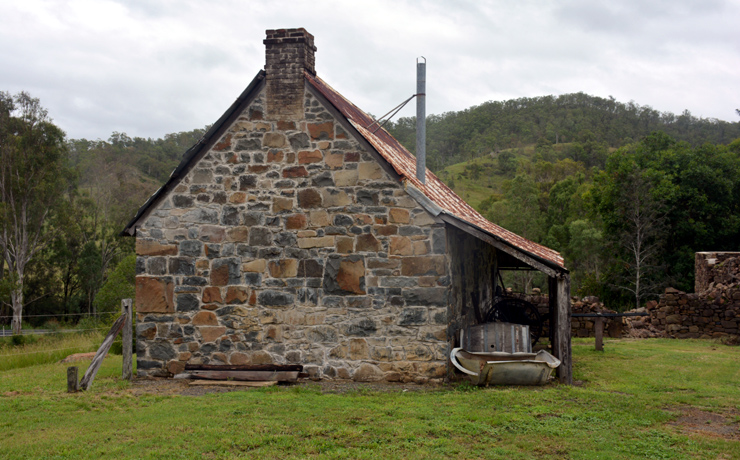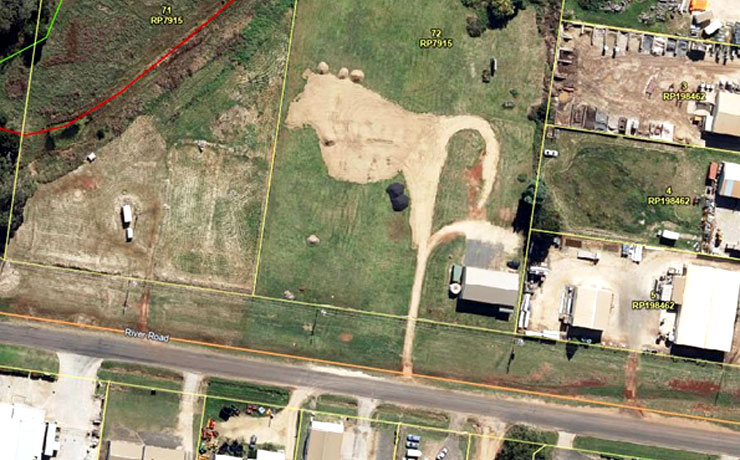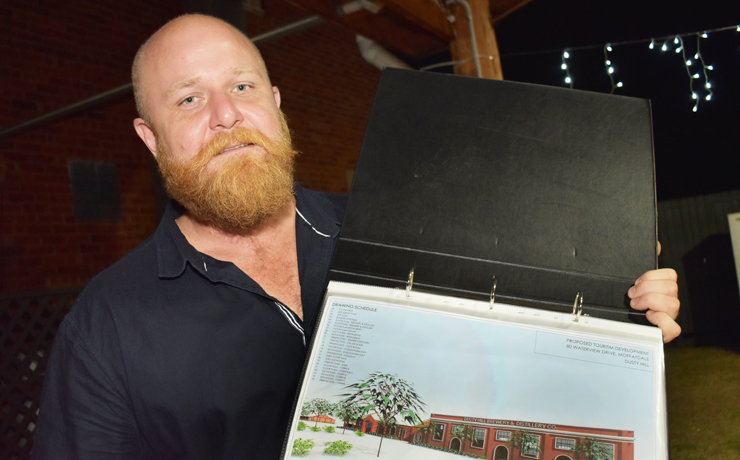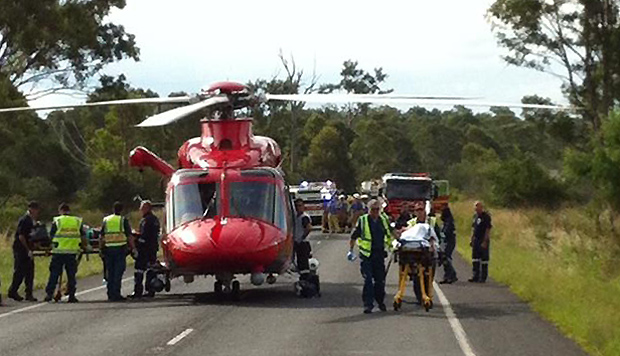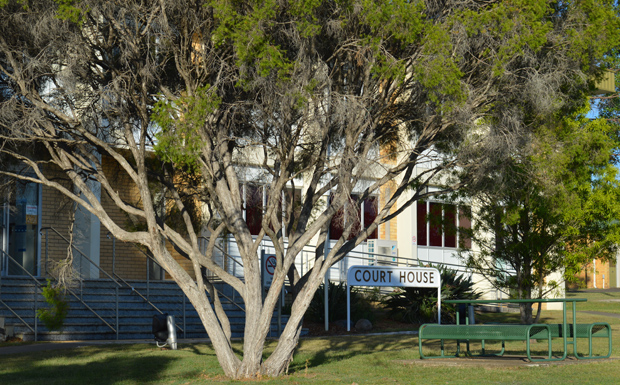
December 6, 2021
The Australian Small Business and Family Enterprise Ombudsman Bruce Billson has released his final report into the insurance crisis facing Australia’s amusement, leisure and recreation sector.
The report finds a Discretionary Mutual Fund (DMF) is the most practical and durable solution to enable the sector to remain operational in a hardened global insurance market.
“Right now, there is a very real possibility the show cannot go on if small businesses in the amusement and recreation sector cannot get the essential risk protection they need to operate,” Mr Billson said.
“This inability to secure insurance coverage puts thousands of jobs at risk and means many of the attractions people know and love are on the brink of being a thing of the past.”
Public liability insurance coverage is legally required across a range of businesses including rides at showgrounds, kids play centres, laser tag and even walking tours in national parks. This can be through contractual obligations as well as requirements imposed by State and Territory governments on councils and other landowners.
“The clear and present danger is real. To put it into perspective, the sector employs over 7000 people and contributes $1.84 billion to the economy in total,” Mr Billson said.
“If these businesses cannot secure risk protection, they face imminent closure and that will lead to significant job losses (particularly in regional areas) and a loss of economic activity generated by metro and regional shows and amusement parks.
“In this light, our final report endorses the Australian Amusement, Leisure and Recreation Association’s proposal to establish a DMF as the only current workable solution to the immediate need for coverage in the sector.”
The final report reiterates the interim report’s finding that the lack of affordable insurance arises from a range of factors and has been amplified by the hardening global insurance market which means very few insurers are willing to cover the industry. Premiums – when available – have skyrocketed.
“With only one insurer willing to provide coverage to these businesses, insurance premiums have risen – often by more than 200 per cent – and many businesses have been refused coverage outright,” Mr Billson said.
“Others have stranded assets, with just some of their equipment securing insurance coverage.”
DMFs operate to provide cover on a discretionary basis to a group of individuals or organisations that have a similar risk profile. Under a DMF, members who meet requirements would have access to a certificate of protection, enabling them to operate these amusement rides.
The establishment of a DMF would be reliant on foundational support by all levels of government.
“A DMF requires legislative reform by all States and Territories to ensure it is accepted in lieu of insurance for licensing requirements,” Mr Billson said.
“Additionally, the DMF needs to be recognised as a suitable solution at a local level and supported by councils and showground managers.
“A DMF is not a magic fix.
“It requires an ongoing sector-wide commitment to best practice risk mitigation measures, the need to ensure membership remains cohesive and acts in the best interests of other members and broad understanding the sector is unlikely to see coverage costs reduce in the short term.
“On balance, as the insurance crisis threatens the livelihoods of thousands of hard-working Australian small business owners along with many of the family entertainment activities that we hold dear, a DMF is the only suitable pathway forward.”
- Related article: Insurance Crisis Hits Show Rides











